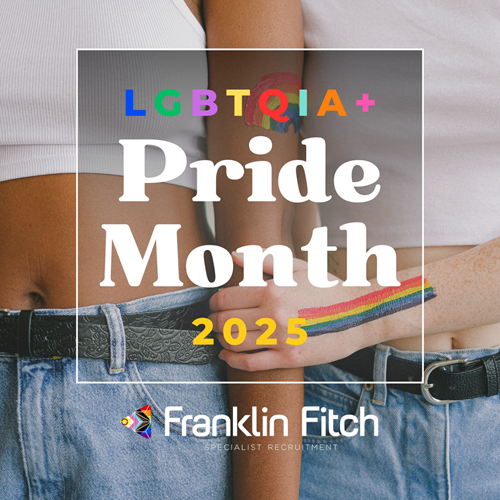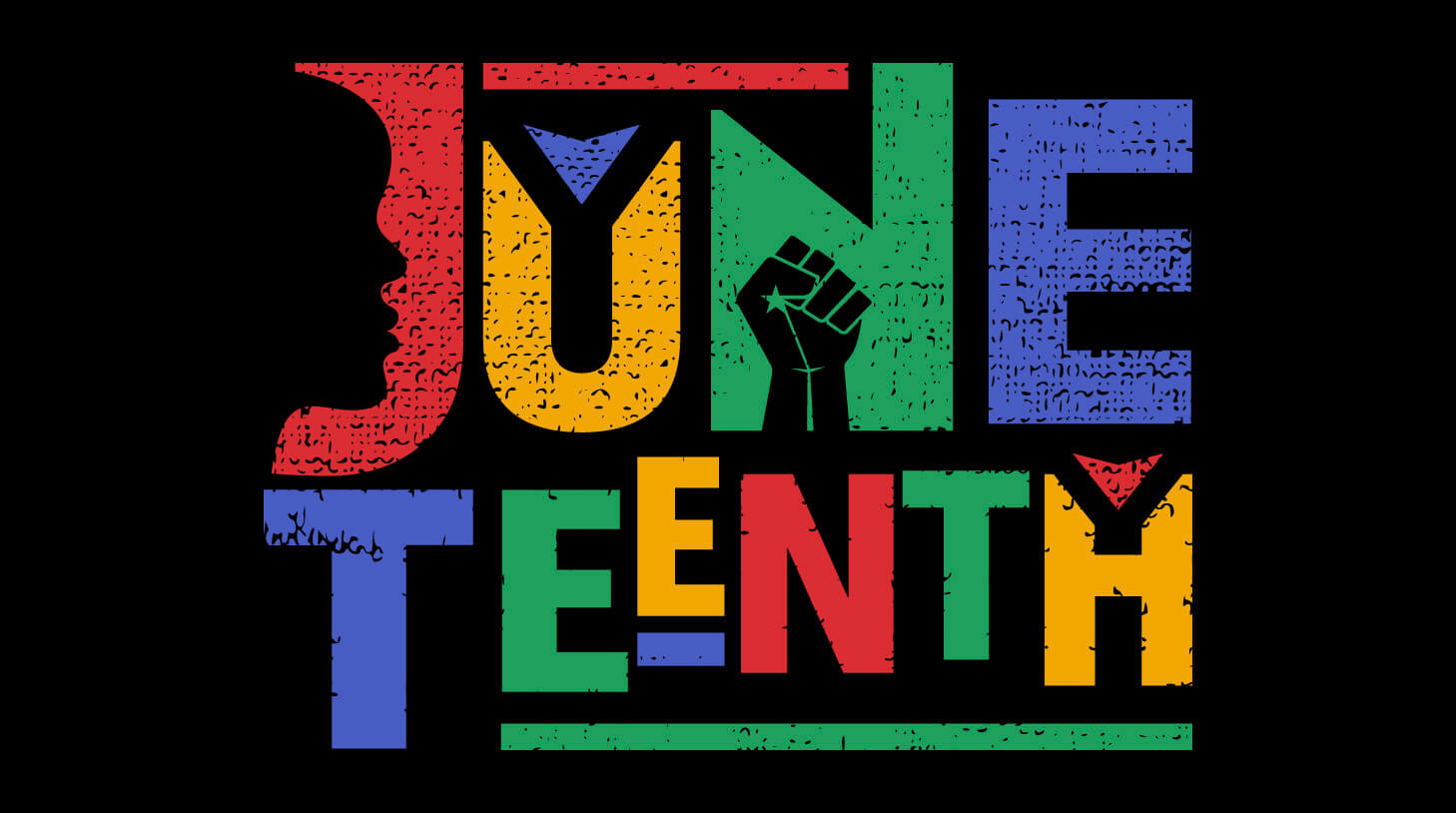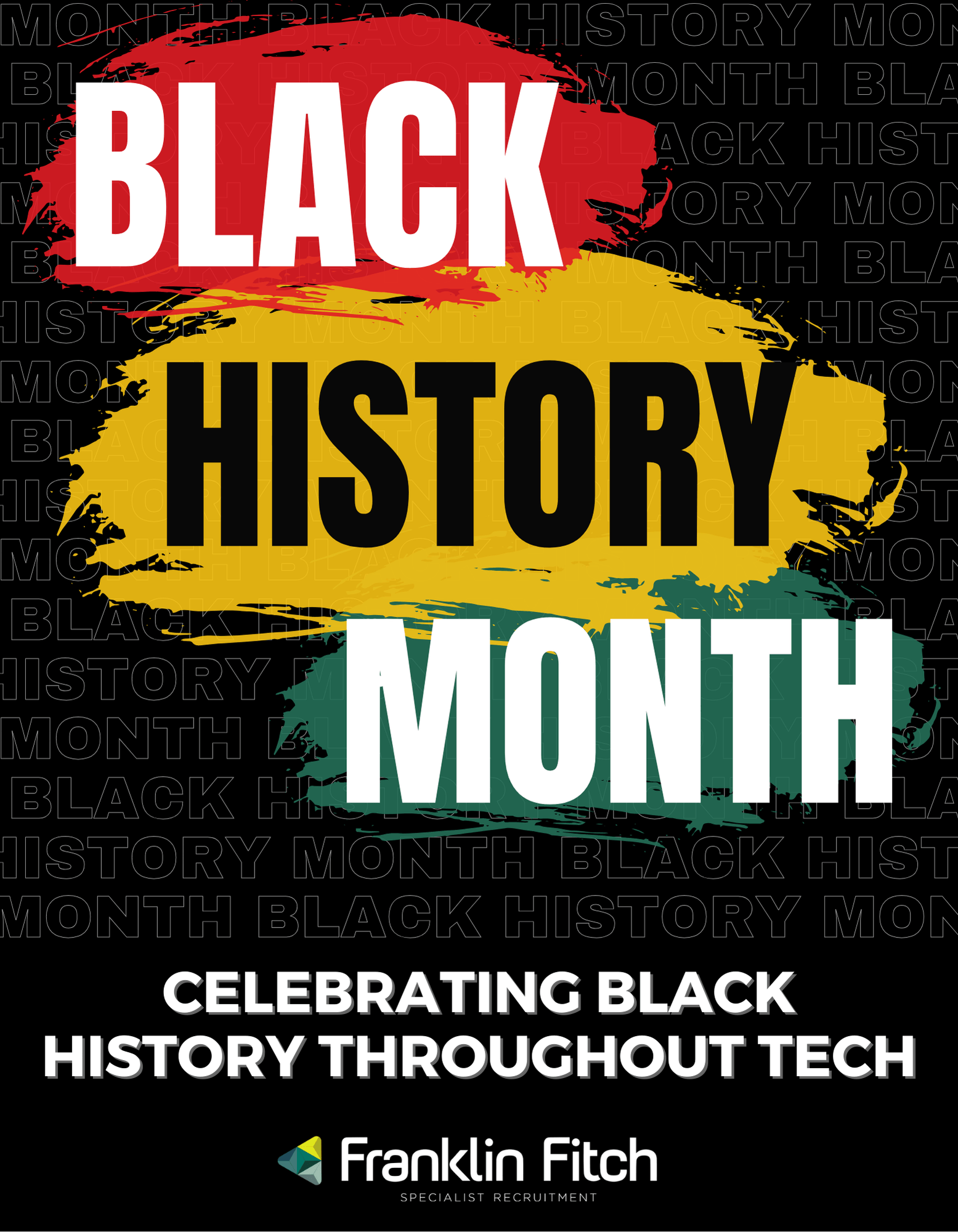
What Is Juneteeth? Ways To Understand, Recognize And Celebrate
14 Jun, 20235 minsJuneteenth is a commemoration of the end of the United States' historic practice of slavery,...

Juneteenth is a commemoration of the end of the United States' historic practice of slavery, which takes place on June 19th. In this sense, Juneteenth is a day dedicated to celebrating the "freedom" of all Americans.
Whether you grew up celebrating Juneteenth or are unfamiliar with the festival, here's what you need to know about its meaning, how it came to be, and why it is so important to so many people.
History of Juneteenth
The Emancipation Proclamation (signed by President Abraham Lincoln on January 1, 1863) is widely regarded as the official end of slavery. While this isn't totally accurate, many African descendants were enslaved for several years following the proclamation. That's because Lincoln's edict was more concerned with preserving the Union than with abolishing slavery.
In an open letter to Horace Greeley, the editor of the New York Tribune, Lincoln stated, “My paramount object in this struggle is to save the Union, and is not either to save or destroy Slavery.”
"If I could rescue the Union without freeing a single slave, I would do it; if I could save it by freeing all the slaves, I would do it; and if I could save it by freeing some slaves while leaving others alone, I would do it." What I do in regards to slavery and the coloured people is because I believe it aids in the preservation of the Union." Lincoln, who was known for his forthrightness, plainly saw his proclamation as a political instrument rather than a method of liberty.
Its impact confirms this. "All persons held as slaves" within the rebellious states "are, and henceforward shall be free," Lincoln announced in his Emancipation Proclamation of 1863. This meant that the proclamation only applied to states that had seceded from the Union, leaving slavery in border states and Southern states under Northern rule unaffected. Furthermore, the promise of abolition that Juneteenth commemorates was conditional on the Union army's victory in the Civil War, which did not occur until April 1865.
But here's where the significance of Juneteenth comes into play: The Union had to enforce emancipation even after slavery was proclaimed abolished. After Union troops commanded by Major General Gordon Granger arrived in Galveston on June 19, 1865, roughly 250,000 individuals in Texas were still enslaved when the war ended and all of the enslaved were set free.
Although slavery would not be abolished in all states until the 13th Amendment was ratified in December 1865, June 19 — Juneteenth — was the day when the last enslaved persons in America were freed, resulting in tremendous celebrations.
How do people celebrate Juneteenth?
The first Juneteenth anniversary celebration took place in 1866, a year after Granger's order. Since then, events in various parts of the US have carried on the practice of recognizing this significant day. In 1872, a group of freed slaves pooled $800 to buy ten acres of property in Houston, Texas, for the city's annual Juneteenth celebrations. Emancipation Park was the name given to the area, and it is still used for Juneteenth festivities today.
Following the 2020 racial justice uprisings, an increasing number of businesses have opted to make Juneteenth an annual holiday for their employees. Texas was the first state to declare Juneteenth a state holiday in 1980, and the day is now recognized as a state holiday in 45 states and Washington, D.C.
Despite the lack of official recognition by the federal government, the holiday has survived thanks to rich traditions. Every year on June 19th, since the first Juneteenth, little communities across the United States have exploded in celebration. However, everyone has their own perspective on how to commemorate Juneteenth. Grand parades or community meetings may be held, as well as vibrant celebrations such as festivals with local musicians performing, storytelling, picnics, and a Juneteenth mainstay – barbecues. Red drinks and delicacies are traditionally served at these barbecues, with red representing resilience.
Why does Juneteenth matter?
Juneteenth's history encapsulates both the good and the terrible of what makes the United States what it is: it's a symbol of emancipation, but one that was postponed owing to white supremacy's persistent hostility and resistance to equality - something that all too often feels very American.
After all, what good is freedom if you're treated as a second-class citizen? Black people have fought for equality and a different sort of freedom from the beginning of Juneteenth to the present day.
“Today's political climate is the result of a concerted effort over many years to teach individuals a revised history: that the system of slavery was related to state’s rights, when in fact it was a treasonous act that this nation must not revisit. One of the ways we can prevent another uprising of a treasonous act [like slavery] is to recognize milestones like Juneteenth,” president of the NAACP, Derrick Johnson says. “I think the significance and purpose of recognizing Juneteenth is something that all citizens should acknowledge because, if there is not a retelling or remembrance of the true history in this nation, we're doomed to repeat it.”
In a country that prides itself on being the “land of the free,” this is just one of our many national contradictions and hypocrisies, another one of which is, notably, right around the corner: The 4th of July. It’s a day meant to celebrate when America declared independence from the British in 1776 and is referred to as “Independence Day,” despite the fact that black Americans weren’t even considered to be people at that time.
“This Fourth July is yours, not mine. You may rejoice, I must mourn,” said Frederick Douglass on July 5, 1852, during an event commemorating the signing of the Declaration of Independence. “I am not included within the pale of glorious anniversary! Your high independence only reveals the immeasurable distance between us. The blessings in which you, this day, rejoice, are not enjoyed in common. The rich inheritance of justice, liberty, prosperity, and independence, bequeathed by your fathers, is shared by you, not by me.”
Ways in which companies can celebrate Juneteenth:
1. Invite a speaker to the office
Juneteenth is a good reason to start conversations around workplace diversity.
You can arrange for speakers to join you and discuss the holiday as one of your events. It would be ideal if you had a member of your leadership team who could discuss the holiday, its background, and the motivations for your organization's decision to observe it.
Make it a "lunch and learn" occasion so that attendees may eat in a relaxed setting and hear the lecturer at the same time. Professors from the area, activists for civil rights, African-American community leaders, and other relevant speakers would be good choices.
It's also great because it usually takes place at lunch, so it won't interfere with your employee's workday. If you have a virtual team, you can still do this as long as you host it through Zoom or Microsoft Teams.
Have an open discussion where employees can ask questions after the Lunch and Learn. If there are no questions, you could ask someone to control the comments and thoughts. Assure the staff that this is still a welcoming and safe atmosphere.
2. Encourage employees to speak up
Give your employees a platform to share with their co-workers if they feel comfortable doing so if they are directly affected by diversity issues or have a special Juneteenth experience. Allow these staff members to choose what to share and how to convey it for maximum impact.
On your company's blog, social media pages, or at an all-hands meeting, invite staff members and company leaders to discuss their own personal experiences with Juneteenth. One of the most effective methods to promote awareness, understanding, and inclusivity is through employee-driven engagement.
Another concept that works well as a brown bag lunch meeting is one in which workers get together over lunch to learn informally. If you give your staff lunch, include dishes that are typically served to celebrate Juneteenth. Red foods and drinks, such as red soda, red velvet cake, and red fruit, are frequently included in this. Another popular dish on Juneteenth meals is barbecue.
3. Share resources
As Juneteenth approaches, assemble a variety of resources to aid in the education of your team. Websites, news stories, blog entries, podcasts, and videos about Juneteenth, slavery, or diversity may fall under this category. Send your staff these resources via email or post them on the corporate website. Additionally, you may ask your staff to contribute their preferred sources on similar subjects to the collection. In order to maintain the concepts of diversity, equity, and inclusion, this can still be accessed on the website long after Juneteenth.
4. Take a Work Field Trip
Give your staff a day off from the office so they may go on a group outing to learn more about the holiday's meaning. Attend any Juneteenth events that your city sponsors for adults, such as lectures or parties. Employees develop bonds through shared learning in addition to understanding more about the day's background.
If no scheduled events are available, think about organizing a team outing to a nearby historical monument or museum that focuses on Black history. You may also offer your services as a volunteer at a group that supports local residents of color. Volunteering may motivate your staff and have a real positive effect on the neighborhood.
5. Offer Paid Time Off
Although it is a federally required holiday, employers are not required to give their workers the day off. You may opt to designate it as a yearly corporate holiday. This could be the ideal method to help your staff members celebrate Juneteenth on their own terms.
Offer employees an extra day of PTO that they can use anytime they like if you are unable to pay for them to take the time off. Offer a day off on the following Monday or the Friday prior to the holiday if Juneteenth falls on a weekend, as it did this year.
6. Incorporate Black-Owned Businesses
Another way to make an impact on your community is to work with Black-owned businesses. If you cater lunch for your employees on Juneteenth, look for a restaurant with African-American owners or buy supplies for the day’s events from a Black-owned business. To make a lasting impact, look for more diversity in your supply chain. This is a meaningful way to improve your company’s overall diversity efforts.
7. Participate in Local Juneteenth Events
You might also want to check out what your neighborhood is doing to celebrate Juneteenth. This might be a fantastic method to strengthen your company's culture and ties to the neighborhood. Depending on the number of employees or hours you can afford to commit, you can either participate in the event or attend it.
You might even wish to host your Juneteenth event for the general public if you have the resources to do so. You could invite more nearby companies or participants to take part in the community.
8. Donate to Good Causes
Find a charity or fundraising group that supports racial justice and raises awareness of Juneteenth by doing some research. This might even be a motivational event if you offer to give and match employee donations.
But make sure the social and racial justice cause you choose has the backing of your staff. To make sure you understand where your donations are going, you should also undertake a comprehensive investigation of the organization.
9. Share on Social Media
Share posts about the ways to celebrate Juneteenth that you chose for your office. This helps create a public reputation as a company that embraces and values diversity. It’s also a way to educate your social media followers in case they don’t know much about the holiday.
10. Transparently share Diversity, Equality, and Inclusion Initiatives
Incorporating your DEI initiatives into the Juneteenth celebration can promote change in your company culture. Use this day to be transparent with your staff about any ongoing or prospective DEI initiatives, such as unconscious bias education, fair remuneration reviews, or inclusive recruiting procedures. Share the demographic breakdown of your current personnel, admit your shortcomings, and make improvements where necessary.
To Conclude
As a business, you should review your diverse and inclusive workplace hiring procedures and employment data now, even if many businesses still hire people with unconscious biases.
To have a more diverse staff, you might want to think about strategies to further prevent unconscious biases in your hiring process. Use this opportunity to find out how your staff members currently feel about diversity at your business. However, be sure to follow up on any findings with change to support diverse and inclusive workplaces if you do ask them about this.
There are many additional methods to keep your employees, and these are just a few ways to show your support for them and celebrate Juneteenth. We also, of course, encourage businesses and teams to pay attention to the above guidance all year long, not just on particular days, as many workers may grow irritated by one-time or "token" DEI celebrations. DEI never stops working. But the further we advance on this essential road, the more we will see celebrations like Juneteenth as opportunities for unification.
As experts in all things recruiting, we have the experience and knowledge you need to strengthen a company culture that supports your employees. Contact us today for more information.






